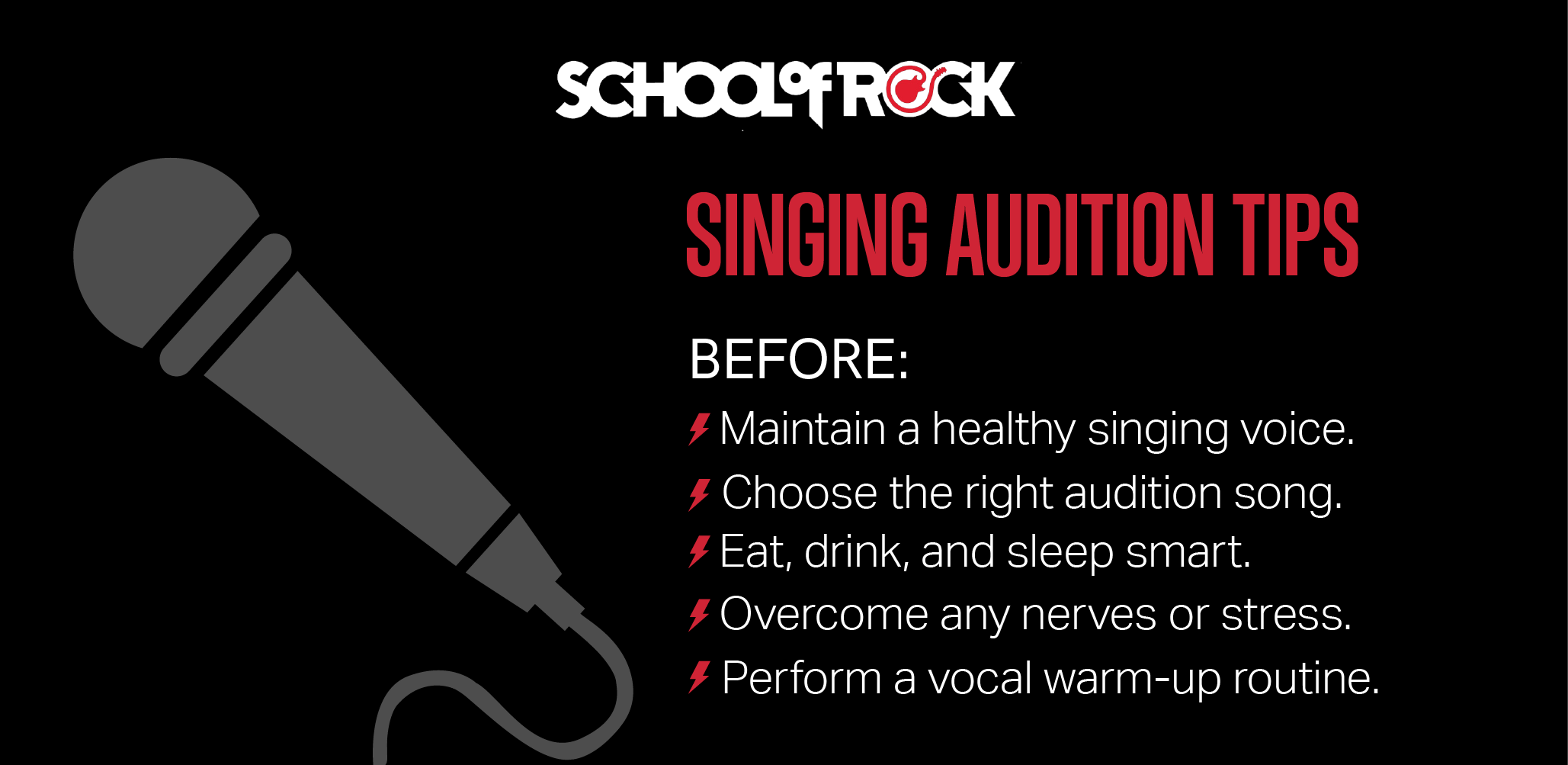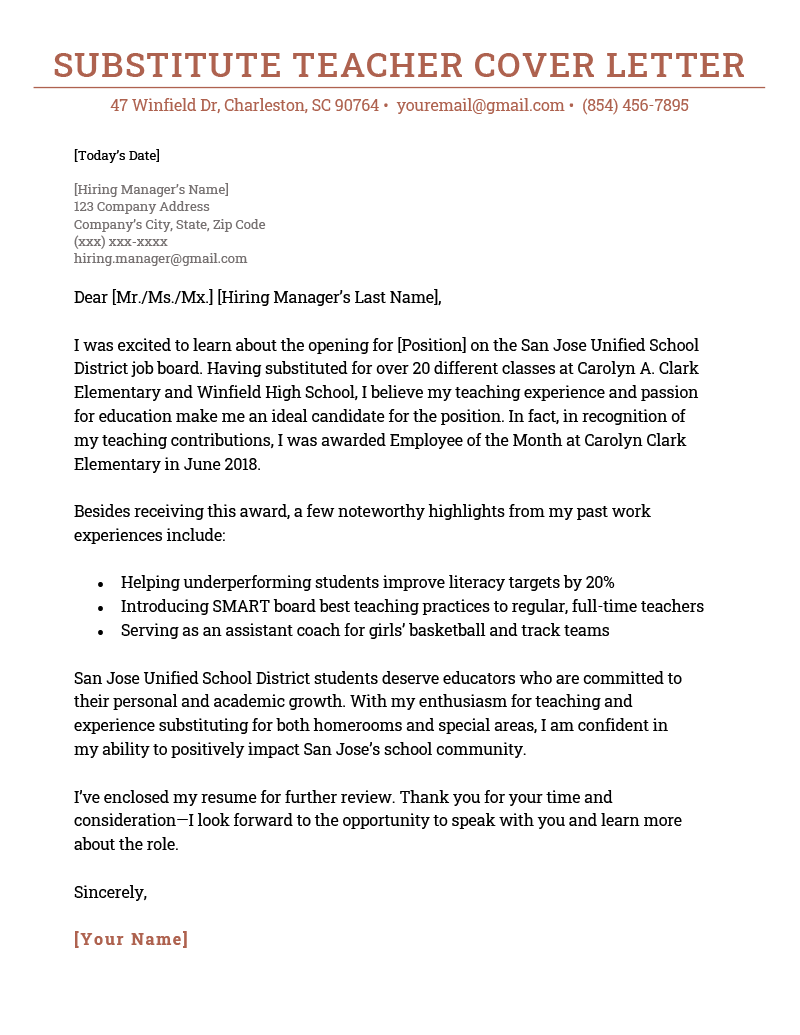You should remove high school from your resume when you have higher education or relevant work experience. This typically occurs 2-3 years after high school graduation.
Crafting a professional resume is crucial for job hunters aiming to stand out in a competitive market. As you build your career, the relevance of your high school education diminishes, especially if you’ve obtained a college degree or accumulated significant work experience.
Seasoned professionals often streamline their resumes to highlight the most pertinent information that aligns with the job they are pursuing. Eliminating high school details allows more space for showcasing your advanced qualifications and achievements. It’s a strategic decision to ensure your resume remains concise and focused, reflecting an upward trajectory. This approach helps recruiters quickly recognize your current professional standing and potential value to their organization.

Credit: www.schoolofrock.com
Is High School Still Relevant?
The weight of high school credentials diminishes over time. As years pass, college degrees and work history become more significant. Consider removing high school details if you’ve earned higher-level qualifications. This shows focus on current, relevant achievements.
Recent graduates might benefit from high school details. It can indicate potential to employers. Long after graduation, it’s less impactful. Experts suggest a five-to-ten-year rule. Within this time, high school information can still be slightly useful.
Time since graduation plays a key role. It guides you in keeping or omitting high school details. Always tailor your resume to highlight the most relevant information. This helps you stand out in the job market.

Credit: resumegenius.com
Assessing Your Professional Growth
Removing high school details from your resume is smart. That step occurs once you have notable educational upgrades or work achievements. These milestones show that you have grown since then. You earn degrees or certificates that are more recent. You have work experiences that tell more about your skills.
Achievements in your career also mean a lot. You might lead projects or teams. You could win awards or earn promotions. All these outshine your high school days. They prove that you’re ready for bigger tasks. Table or bullet points can highlight these milestones.
| Educational Milestones | Professional Achievements |
|---|---|
| Associate’s, Bachelor’s, Master’s degrees | Leadership roles in projects |
| Professional certifications | Awards or recognitions |
| Relevant courses or workshops | Promotions to higher positions |
Crafting A Focused Resume
Your resume is a snapshot of your skills and experiences. High school details can crowd this snapshot. Consider your years of experience after high school. Five years or more? It’s time to remove high school achievements. Do you have a higher education or relevant work history? Focus on these. Think about the job you want. Tailor your resume to show skills and experience that match the job.

Credit: resume.io
The Impact Of Industry Expectations
Industry expectations vary widely and can influence the decision to include high school on a resume. Fields like technology or finance often stress higher education and specific experiences.
For careers in trades or artistic roles, demonstrating a foundation in essential skills learned in high school may hold value.
| Field | Relevance of High School |
|---|---|
| Technology | Low |
| Finance | Low |
| Trades | Medium to High |
| Artistic Roles | Medium to High |
Candidates must consider the relevance of high school achievements. Each industry’s hiring landscape is unique. Job seekers should tailor their resumes for the best fit.
Resume Refresh: Key Indicators For Update
As your career progresses, keeping your resume current becomes vital. Seasoned professionals often remove high school details to make room for more relevant experience. Typically, individuals with more than five years of work experience or those who have obtained higher education should consider dropping high school information. This helps tailor the resume to one’s current career level and showcase advancements.
Detecting the right time for a resume overhaul is key. A table of jobs without high-level tasks or titles suggests it’s time. Likewise, new roles, skills, or degrees mean updates are due. See the factors that hint at the need for a resume refresh:
| Years of Experience | Action |
|---|---|
| 0-5 years | Include high school |
| 5+ years or higher education | Remove high school |
| New job role | Update resume |
| Recent skills or degrees | Add them in |
Expert Advice On Resume Evolution
Hiring managers often skim resumes fast. They spot relevant experience quickly. Old high school details may seem outdated after a few years.
Professional resume writers suggest a focus on current skills and job roles. They say to include high school only if within the last 5 years. Otherwise, highlight college education and work history instead.
| Years since Graduation | Action on High School Details |
|---|---|
| 0-5 years | Keep on resume |
| 5+ years | Consider removing |
| 10+ years | Remove, focus on recent experience |
- High school is vital for new grads.
- Experience and skills count more later.
- Delete high school info as you gain more experience.
Frequently Asked Questions Of When Should You Take High School Off Your Resume
When Should I Remove High School Jobs From Resume?
Remove high school jobs from your resume after gaining relevant work experience, typically within 3-4 years post-graduation or when they’re not applicable to the position you’re applying for.
Is It Worth Putting High School On Resume?
Including high school on your resume is generally worth it if you’re a recent graduate or lack higher education or substantial work experience. It showcases your educational background during your early career stages.
When Should You Move Education Down On Resume?
Move education down on your resume when you have relevant work experience or professional accomplishments that better represent your qualifications for the position you’re applying for.
Is It Ok To Leave Education Off Your Resume?
Yes, you can leave education off your resume if it’s not relevant to the job or if you have substantial work experience that is more pertinent to the position you are applying for.
Conclusion
Navigating the decision to retain high school details on your resume can be tricky. Ideally, as you gain more experience, these credentials fade in relevance. Seek to showcase your most current and compelling qualifications instead. Remember, a strong resume highlights your growth and readiness for future challenges.
Keep refining your resume; let it evolve as your career does.

